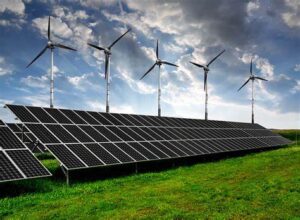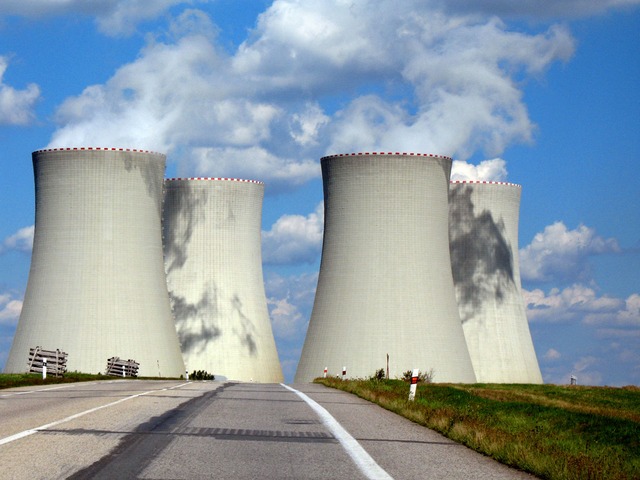Achieving the United States’ ambitious emissions reduction goals depends in large part on the rapid adoption of wind and solar energy and the electrification of consumer vehicles. However, misinformation and coordinated disinformation about renewable energy is widespread and threatens to undermine public support for the transition. In a new report, the Sabin Center identifies and examines 33 of the most pervasive false claims about solar energy, wind energy, and electric vehicles, with the aim of promoting a more informed discussion.
Many of these false claims center on three categories of impacts commonly attributed to renewable energy development: impacts to the environment, impacts to human health, and impacts to the economy. For example, our report examines the common misconceptions that electric vehicles have a net harmful effect on climate change (they do not); that electromagnetic radiation from wind turbines poses a threat to human health (it does not); and that solar energy development negatively impacts U.S. jobs (it does not). Some of the misconceptions examined in the report, such as the notion that whale deaths stem from noise related to wind farm surveys, are entirely unsubstantiated. Others have some factual basis but are commonly repeated without necessary context: for instance, the notion that solar panels produce significant waste, without the context that fossil fuel energy generates far more.
To identify the most common false claims regarding wind, solar, and electric vehicles, the authors of the Sabin Center’s new report first reviewed social-media groups and websites created to oppose renewable energy projects or policies, as well as existing coverage about misinformation. The authors then developed transparent, fact-based responses to these false claims, relying to the greatest extent possible on peer reviewed academic literature and government publications. The authors designed the report so that members of the public can cultivate balanced and informed opinions on frequently-contested topics related to renewable energy and electric vehicle deployment.
The Sabin Center’s report should be read in conjunction with other fact checks and studies refuting false claims about renewable energy and electric vehicles, such as those published by EPA, RMI, USA Today, Carbon Brief, the Center for American Progress, the Annenberg Public Policy Center’s website FactCheck.org, the Brown Climate and Development Lab, and Heated.
Read the full report here.




